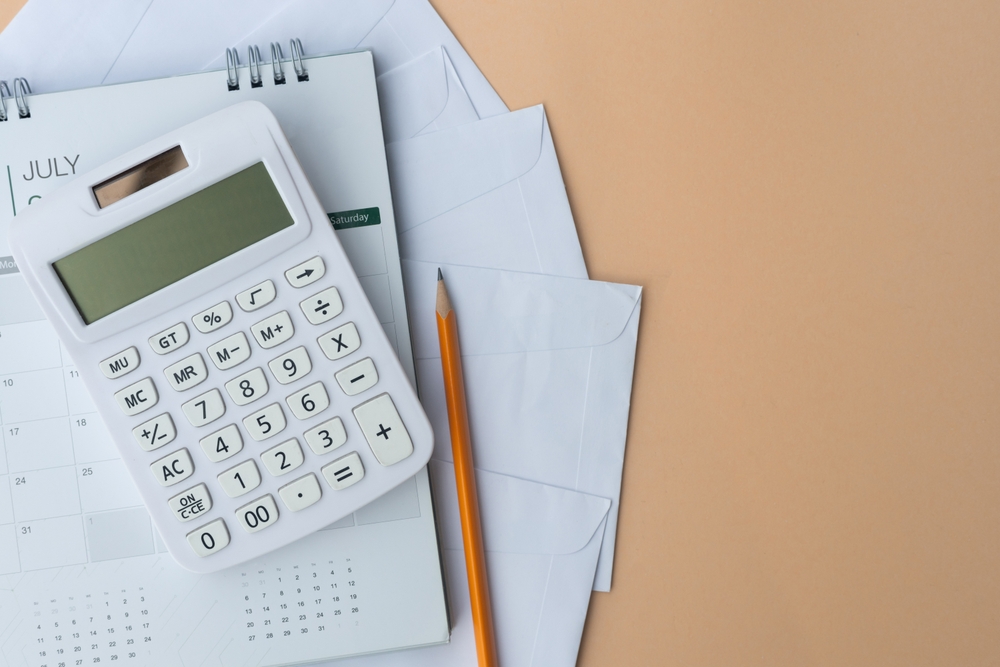If you’ve been learning about debt or struggling to make ends meet, you might have come across the word ‘insolvency’.
But what does it really mean to be insolvent?
Well, insolvency is a legal process that essentially means a person or a business can’t pay their debts as they come due. It’s not just about having more liabilities than assets. It’s about liquidity—being able to turn what you own into cash to settle those debts.
Understanding insolvency is key for anyone—whether you’re steering a business, making investment choices, or worried you’re on the brink of insolvency yourself. It’s a complex topic, but we’re here to break it down in simple terms so you have all the information you need.
Key Points
- What does insolvency mean?
- What are the signs of insolvency?
- What are the types of insolvency?
- What happens if you go insolvent?
- What are the benefits of going insolvent in Canada?
- Support you can trust from Harris & Partners
What does insolvency mean?
Insolvency happens when our assets are not enough to cover our liabilities, meaning our debts are bigger than the amount of money we have.
Being insolvent is a term used before someone officially becomes bankrupt. You may be insolvent if:
- You live in Canada, do business here, or own property here.
- You owe $1,000 or more to people or businesses (creditors).
- You’re facing one of these situations:
- You can’t pay your bills as soon as they’re due.
- You’ve stopped paying your recent bills as you normally would.
- Even if you sold everything you own at a fair price, the total wouldn’t cover what you owe right now and what you’ll owe soon.
If you recognize any of these situations, give our team a call. At Harris & Partners, we’ve helped thousands of Canadians get back on track and find their way to financial stability. Our team is always available to help you.
What are the signs of insolvency?
Spotting the signs of insolvency is an important part of protecting your financial well-being. Some telltale signs of insolvency can include:
- Growing levels of debt is a basic starting point for insolvency. If a person or company’s borrowing consistently rises, either through credit cards or business loans, it’s a sign of trouble.
- Delayed payments to your suppliers, employees, or other creditors can be a sign that you’re struggling to meet your financial obligations and monthly payments.
- Lawsuits relating to debt can suggest potential insolvency.
- A drop in cash flow can indicate financial distress, potentially leading to insolvency. Less money coming in and more money going out is a warning sign.
- Unpaid taxes can be another red flag for insolvency.
Insolvency isn’t a sudden event – it’s a result of ongoing financial problems. By spotting these signs, you can take proactive steps to get your finances back on track.
Don’t let the stress of insolvency weigh you down any longer. We specialise in helping Canadians find debt relief through personalised solutions like corporate insolvency and corporate bankruptcy.
Our team of Licensed Insolvency Trustees is here to guide you every step of the way with the support and expertise you need to take back control of your finances. Get in touch today to take the first steps to a better financial future with Harris & Partners.
What are the types of insolvency?
Insolvency can be divided into two main types: cash-flow insolvency and balance-sheet insolvency.
Cash Flow Insolvency
This involves a lack of liquidity (not enough money) to pay debts as they become due. Even profitable companies can run into cash flow insolvency if their earnings are tied up in non-liquid assets or receivables. Managing cash flow properly is a big part of effective business operations and avoiding insolvency.
Balance Sheet Insolvency
This means a person or business has negative net assets. In simpler terms, it’s when liabilities (the money you owe) exceed the total asset value (the total money you have).
What happens if you go insolvent?
Dealing with insolvency comes with various legal and financial consequences. When a person or business is unable to meet financial obligations, it’s often more than balance sheets and cash flows that are affected.
One of the main results of insolvency is damage to your credit rating. Insolvency can negatively impact a credit score, making it harder to secure future loans or credit. There’s also a risk of legal action from creditors. This could include lawsuits or even asset seizures.
Reputation may be another casualty of insolvency – especially for businesses – impacting relationships with customers, suppliers, and investors
What are the benefits of going insolvent in Canada?
While insolvency might sound intimidating, it can actually provide a fresh start if you’re struggling with debt. In Canada, going insolvent can stop ongoing legal actions from creditors, like wage garnishments and collection calls. It also gives you an opportunity to create a structured repayment plan, or potentially reduce the total amount of debt you owe through options like consumer proposals.
In short, declaring insolvency helps you find your financial stability. By clearing your debt, you can focus on budgeting and saving for the future, without the constant pressure of unpaid bills.
Support you can trust from Harris & Partners
Don’t face financial insolvency alone. If you’re feeling the weight of debt or worry that insolvency might be on the horizon, we’re here to help.
Our team of Licensed Insolvency Trustees doesn’t judge; we’re here to listen, understand, and work with you to find the debt relief solution that fits you and your unique situation.
We get it—reaching out can be scary. But with our friendly team at your side, you can find your way back to financial freedom.










